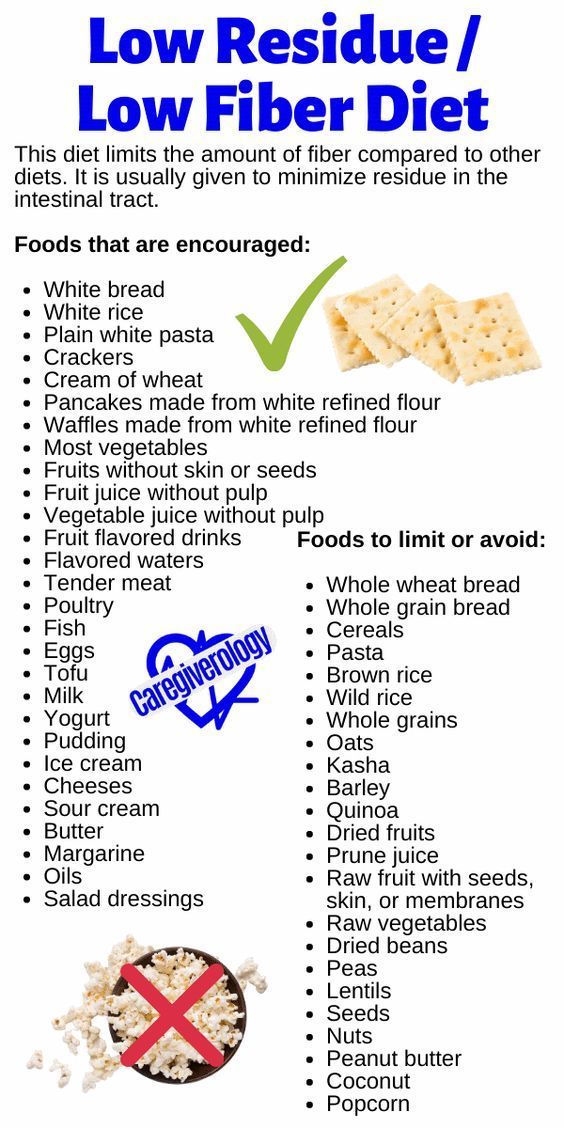
Effective 3-Month Pre Bariatric Surgery Diet Plan for Success
Preparing for bariatric surgery is a crucial step that lays the foundation for long-term weight management and health improvement. A well-structured pre-bariatric diet plan not only optimizes the patient's health prior to the procedure but also enhances surgical outcomes. This three-month plan is designed to guide you through dietary adjustments, focusing on nutrition for bariatric surgery, ensuring adequate protein intake, and promoting healthy eating habits. You will learn about essential nutrition guidelines, meal planning, hydration tips, and the emotional aspects of preparing for surgery.
By adhering to a structured pre-op diet, you can significantly enhance your readiness for the surgery and facilitate a smoother recovery process. This article will outline effective strategies, recommended foods, and practical tips to successfully navigate the pre-bariatric surgery diet while avoiding common pitfalls.
Key takeaways include understanding portion control, incorporating high-protein meals, and establishing a support system during this transformative journey.
Understanding the Pre-Bariatric Diet Plan
Building on the importance of the pre-bariatric diet plan, let’s explore its core components. The primary goal is to prepare your body for surgery by reducing body fat, enhancing nutritional intake, and fostering healthier eating habits.
What Is a Pre-Bariatric Diet?
A pre-bariatric diet typically consists of a low-calorie dietary approach emphasizing high-protein meals, controlled carbohydrates, and ample hydration. Its purpose is to shrink the liver, making surgical procedures (such as gastric bypass or sleeve gastrectomy) safer and less complicated. This diet is designed to encourage weight loss and should ideally begin three months prior to the scheduled surgery date.
Key Components of a Pre-Bariatric Diet
The pre-bariatric diet should focus on several key areas:
- High-Protein Foods: Lean proteins such as chicken, turkey, fish, and low-fat dairy are vital for muscle retention and recovery.
- Low-Calorie Options: A lower caloric intake facilitates weight loss without compromising the essential nutrients your body needs.
- Hydration: Staying well-hydrated is crucial, particularly when transitioning to a liquid diet before surgery.
Meal Frequency and Timing
Establishing a consistent meal frequency is beneficial. Aim for five to six small meals throughout the day rather than two or three large meals. This practice helps regulate hunger, maintain energy levels, and avoid overeating.
Understanding meal timing is also important. Consuming your meals at regular intervals can prevent cravings and emotional eating, which is critical especially as you prepare for the psychological changes that accompany surgery. Developing a mealtime routine promotes disciplined eating habits, beneficial beyond the surgery.
Pre-Bariatric Diet Guidelines
With these fundamentals established, it is essential to delve into the specific dietary guidelines that should be followed during the pre-bariatric surgery phase.
Liquid Diet Before Surgery
In the weeks leading up to your procedure, your healthcare team may recommend transitioning to a liquid diet. Liquid diets should include:
- Bone Broths: Rich in nutrients, they help prevent muscle loss and maintain hydration.
- Protein Shakes: High-quality protein shakes are crucial to meet your protein requirements.
- Clear Liquids: Water, herbal teas, and clear juices can help maintain hydration.
Foods to Avoid
To facilitate weight loss and prepare the digestive system, avoid foods that can lead to weight regain or complications post-surgery. This includes sugary snacks, refined carbohydrates, and high-fat foods. Understanding food choices pre-surgery will empower you to make informed decisions.
Portion Control Strategies
Portion sizes for surgery are vital in regulating food intake. Use smaller plates and be aware of the serving sizes recommended by your dietitian. Portion control not only aids in weight reduction but also prepares your body for the smaller food quantities post-surgery.
Meal Planning for Success
Now that we understand the dietary guidelines, let’s discuss the practical aspects of meal planning before bariatric surgery.
Creating a Weekly Meal Plan
Developing a structured weekly meal plan can streamline decision-making, promote healthy eating habits, and enhance accountability. Incorporate a variety of bariatric-friendly foods, including:
- Lean proteins: Chicken, turkey, lean beef, tofu
- Whole grains: Quinoa, brown rice, whole wheat bread
- Fruits and vegetables: Fresh produce to ensure vitamin and mineral intake
Nutritious Snacks
Snacking on healthy options can prevent hunger pangs and maintain energy. Consider:
- Greek yogurt
- Vegetable sticks with hummus
- Hard-boiled eggs
Cooking Methods for Bariatric Diet
Utilizing healthy cooking methods such as steaming, baking, or grilling can help prepare low-calorie meals rich in nutrients. Avoid frying and heavy sauces that can include unnecessary fats and calories. Implementing healthy cooking techniques is a vital part of your weight loss surgery preparation.
Nutritional Supplements and Hydration Tips
With the focus on meal planning, we currently need to address the importance of vitamins and minerals, especially after surgery.
Essential Nutrients Before Surgery
Ensure that you meet your daily vitamin and mineral intake pre-bariatric surgery. Important nutrients include:
- Vitamins: Especially B12, D, and iron, critical for energy and immune function.
- Minerals: Calcium and potassium are key for bone and heart health.
Hydration Guidelines
Pre-surgery hydration is fundamental for successful outcomes. Drink ample water throughout the day, aiming for at least 64 oz (2 liters). Consider infusing your water with cucumbers or berries for flavor without added sugar. Remember to limit caffeine and avoid carbonated beverages that can lead to bloating.
Emotional Support and Mindset Preparation
Following the practical aspects of meal preparation, emotional support plays an undeniable role in the journey before bariatric surgery.
Building a Support System
Connecting with bariatric support groups or engaging in family discussions can provide encouragement and understanding as you transition to this lifestyle change. Sharing experiences helps create a positive environment fostering motivation and accountability throughout your journey.
Coping Strategies for Dieting Challenges
Preparing for the emotional aspects of a dietary change is essential. Practice mindful eating techniques, establish healthy boundaries, and utilize positive affirmations to strengthen your resolve in facing dietary temptations and cravings.
Self-Care and Mental Preparation
Prioritize self-care leading up to surgery. Engage in activities that reduce stress, such as yoga, meditation, or pursuing hobbies. Mental preparation is vital for maintaining motivation when navigating the pre-bariatric surgery diet and beyond.
Conclusion
The pre-bariatric surgery diet plan is designed to enhance your physical and mental readiness for surgery. With careful meal planning, nutritional awareness, and emotional preparation, you are laying a solid foundation for your weight loss journey and postoperative success. By following these guidelines, including healthy eating habits, adequate hydration, and a robust support system, you are taking the essential steps towards a healthier life.
Following these tips not only assists with surgical recovery but also promotes sustainable weight loss and improved health in the long term. Consider consulting with your healthcare provider to tailor this pre-bariatric diet plan to your personal needs and ensure you are fully prepared for this transformative journey.

